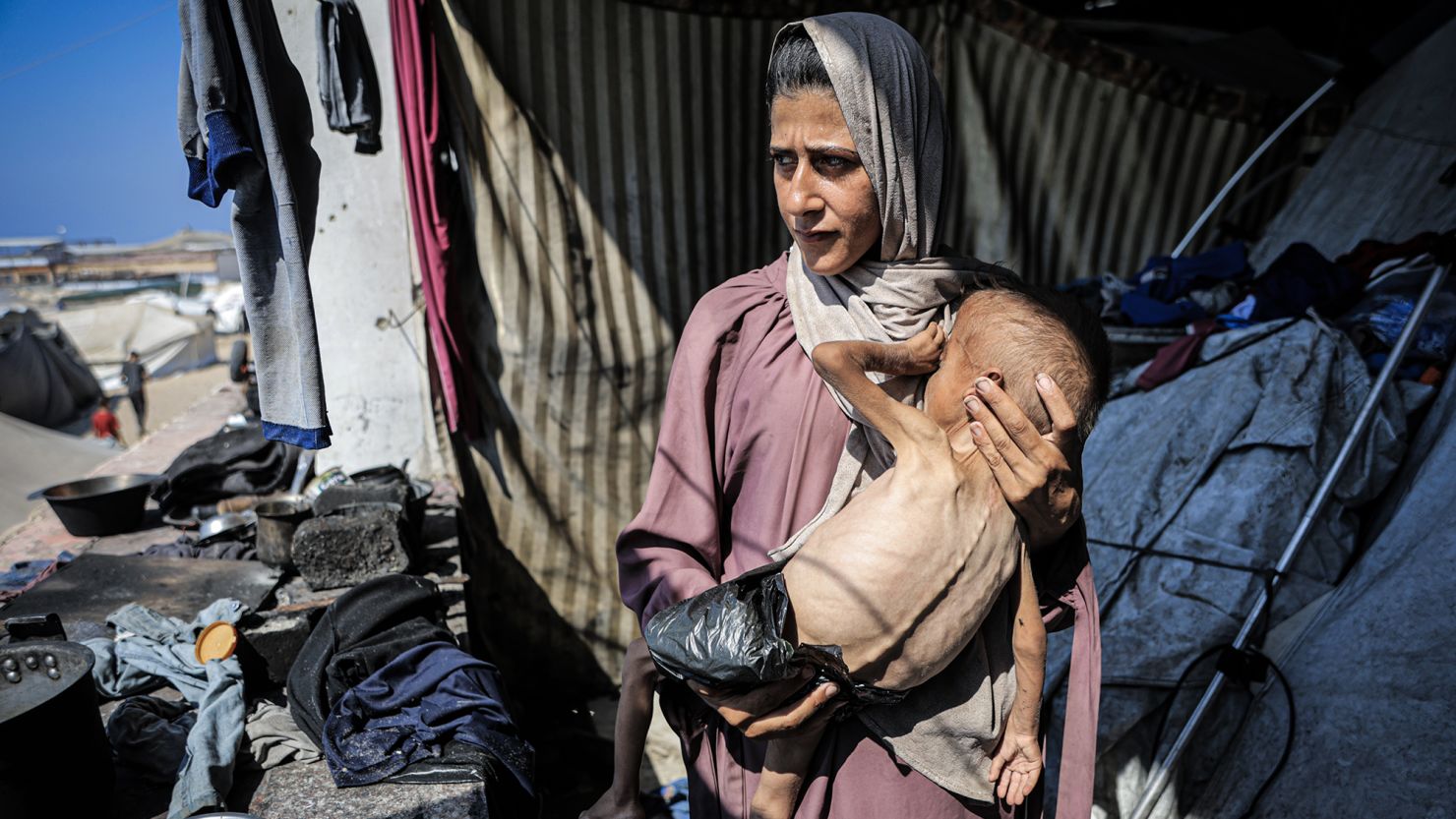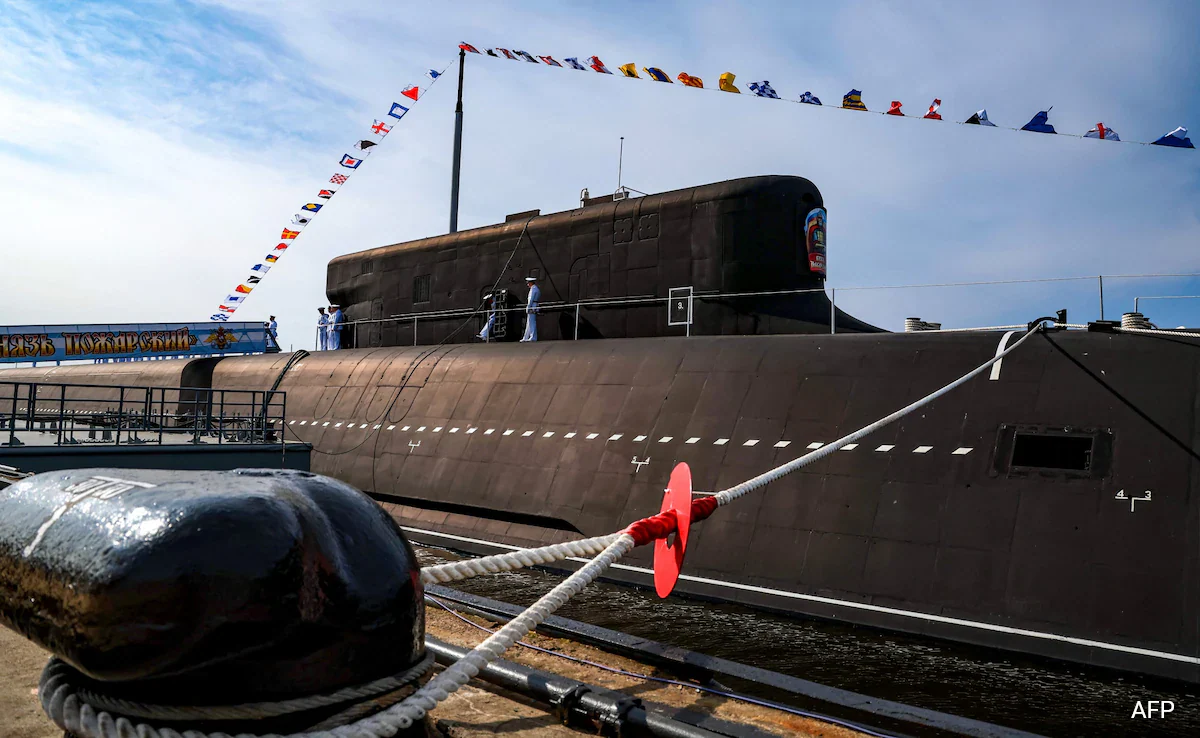
The Humanitarian Crisis in Gaza Escalates
The ongoing conflict and blockade in Gaza have pushed the region into an unprecedented humanitarian crisis, drawing alarming attention from international organizations and governments worldwide. The United Nations Relief and Works Agency (UNRWA) has issued a chilling report revealing that over 100 individuals have succumbed to starvation, primarily among the vulnerable population of children and the elderly. These deaths are stark indicators of the critical situation facing Gaza’s civilians, often described by aid workers as “walking corpses” — a vivid metaphor capturing the severity of malnutrition, dehydration, and exhaustion that many residents are experiencing daily.
Details of the Crisis: Walking Corpses and Widespread Starvation
According to a recent report by UNRWA, the death toll due to starvation in Gaza has surpassed 100, with many victims being children. Journalists and aid workers on the ground have described scenes that are both heartbreaking and shocking. One report highlighted the plight of skeletal children filling hospital wards, their frail frames a stark testament to the depth of hunger and neglect inflicted by the ongoing blockade. The situation is compounded by continuous power outages, restricted access to medical supplies, and dwindling food reserves, leaving civilians with little hope of immediate relief.
- Food Shortages: The blockade has crippled the import of essential food items, leading to a severe shortage of staple foods.
- Healthcare Collapse: Hospitals are underfunded and overwhelmed, unable to provide adequate nutritional or medical care, especially for starvation-related ailments.
- Displacement and Disruption: Continuous violence and destruction of homes have displaced thousands, leaving many without access to communal aid or shelters.
International aid agencies warn that the situation could worsen further, with predictions indicating that unless urgent action is taken, starvation-related deaths could continue to rise exponentially in the coming weeks.
Global Diplomatic Efforts and Challenges
Amid this catastrophe, diplomatic efforts are underway to push for aid delivery and ceasefire agreements. Notably, India has expressed support for accelerating aid efforts in Gaza, aligning with other nations advocating for immediate humanitarian intervention. While some border crossings have been temporarily opened, the flow of humanitarian supplies remains insufficient to meet the demands of Gaza’s population. The international community faces mounting pressure to ensure that aid reaches those in desperate need without delay.
International Support and Aid Initiatives
In response to the crisis, multiple international stakeholders have pledged aid and support:
- India has backed initiatives to bolster aid shipments and has called for more concerted efforts to break the blockade.
- United Nations agencies have intensified their appeals for emergency funding and food aid.
- Various NGOs are mobilizing to provide immediate relief, including food distributions, medical supplies, and shelter provisions.
However, logistical and security hurdles continue to hamper humanitarian operations, often leaving aid workers exposed to violence, as documented by reports warning journalists and aid personnel in Gaza face an increasing risk of starvation and collateral harm.
Impact on Vulnerable Populations: Children and the Elderly most at Risk
One of the most tragic aspects of the crisis is its impact on children, many of whom are now skeletal and critically malnourished. Reports from hospitals indicate a disturbing rise in starvation-related conditions, with some children suffering from wasting syndromes that leave them unable to even cry out for help. The situation is equally dire for the elderly, many of whom lack sufficient access to food, clean water, and basic medical care.
The Guardian reports that starvation has become so rampant that skeletal children are filling hospital wards in Gaza, and mortality among the most vulnerable continues to climb. This level of deprivation signifies a failure of the international community to prevent a humanitarian disaster on a massive scale.
Risks Faced by Journalists and Humanitarian Workers
As aid efforts continue in Gaza, journalists and humanitarian workers are increasingly at risk not only from violence but also from the threat of starvation themselves. News agencies have issued warnings about the peril facing reporters and aid personnel operating in the region, emphasizing that starvation and lack of medical supplies are becoming part of the dangers they face daily.
This further complicates efforts to document and address the crisis, as access to accurate information remains limited and dangerous for those reporting from the ground.
The International Community’s Role and Urgent Need for Action
The images of skeletal children and the reports of people dying from starvation paint a bleak picture of Gaza’s current state. The international community is urged to step up efforts, not just in providing immediate relief but also in addressing the root causes of the crisis — primarily, the blockade and ongoing conflict.
While some border crossings have opened sporadically, much more is required to prevent further loss of life. Humanitarian corridors must be established urgently, with full coordination among regional and global stakeholders to ensure aid reaches those most in need. Furthermore, political negotiations must prioritize a ceasefire and the restoration of basic services to prevent further deterioration of the humanitarian situation.
Conclusion
The situation in Gaza, as reported by UNRWA and other agencies, demands urgent global attention. Over 100 lives have already been lost to starvation, a tragic indicator of the seriousness of the ongoing humanitarian crisis. The suffering of children, the frail elderly, and displaced civilians underscores the need for immediate, coordinated intervention to alleviate hunger, provide medical care, and restore hope for Gaza’s vulnerable population.
International efforts must be intensified to prevent further loss of innocent lives and to address both the symptoms and causes of this devastating crisis. The world cannot afford to turn a blind eye to Gaza’s suffering.
For more updated news please keep visiting Prime News World.








